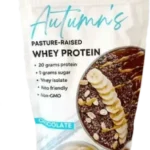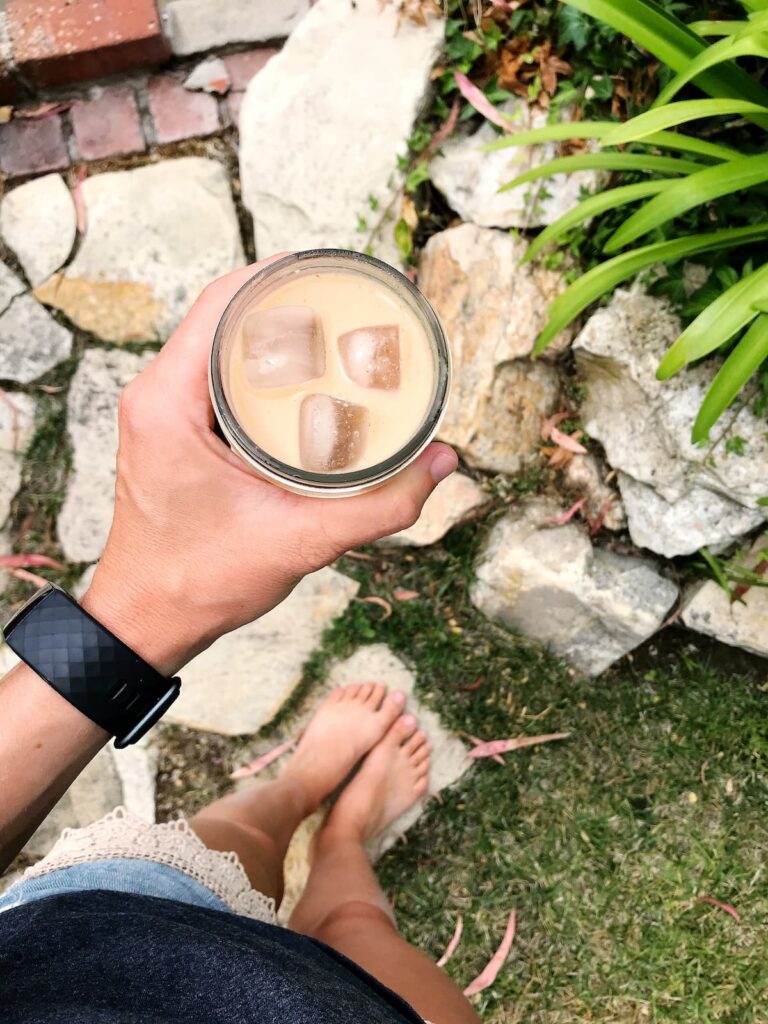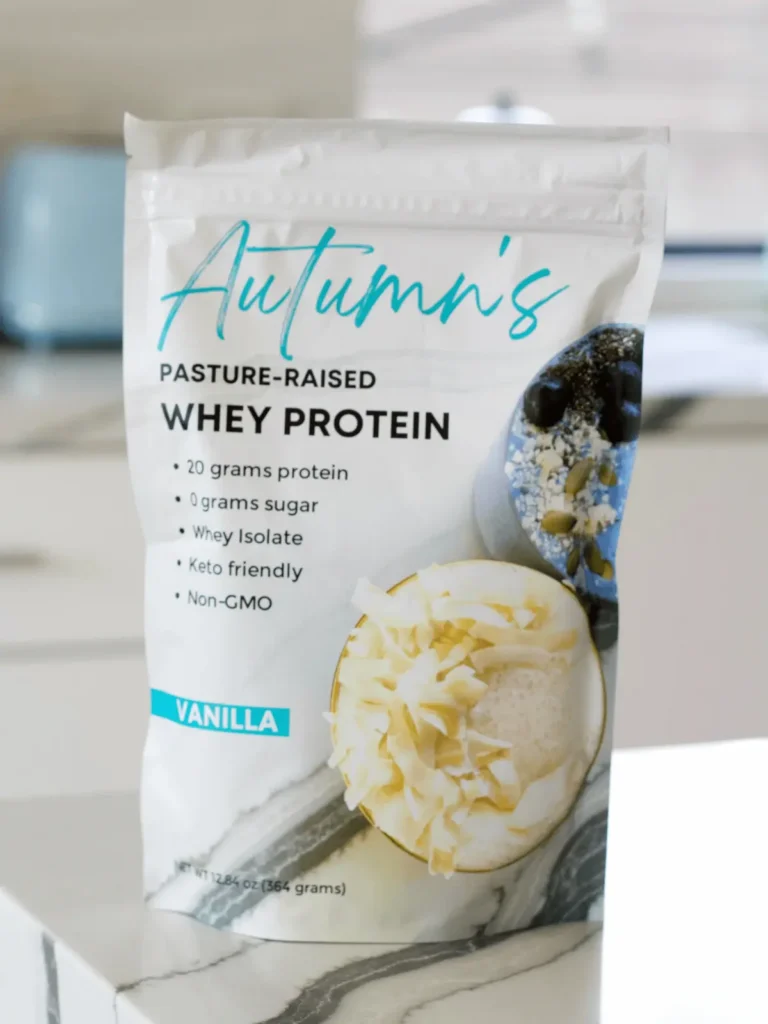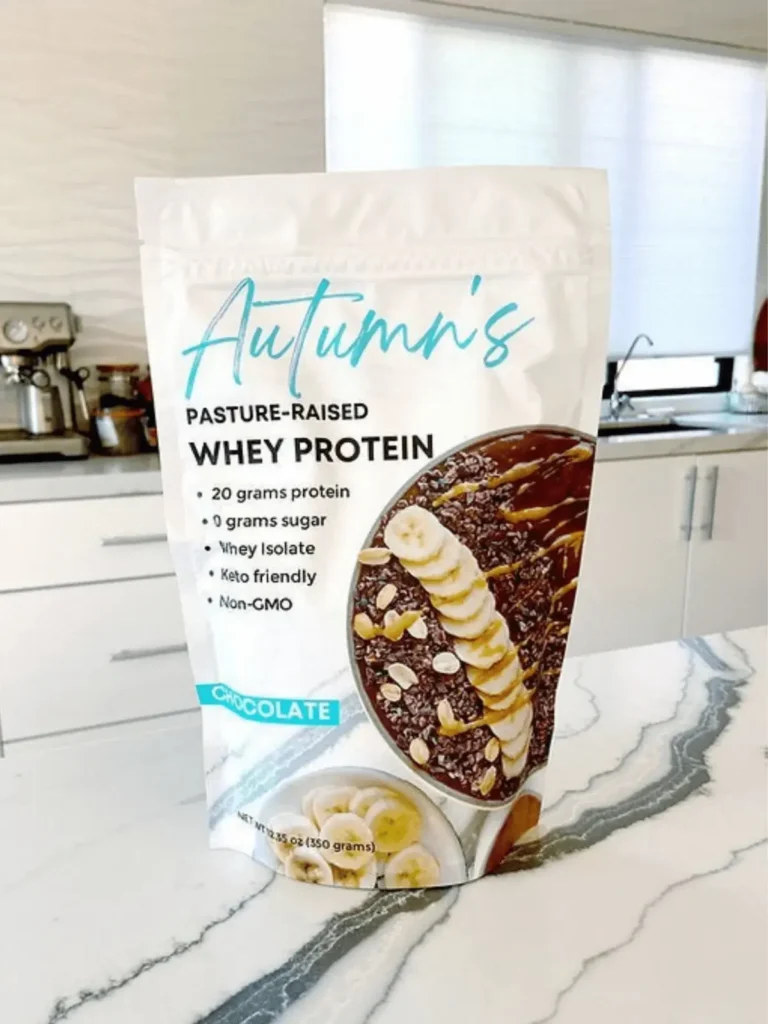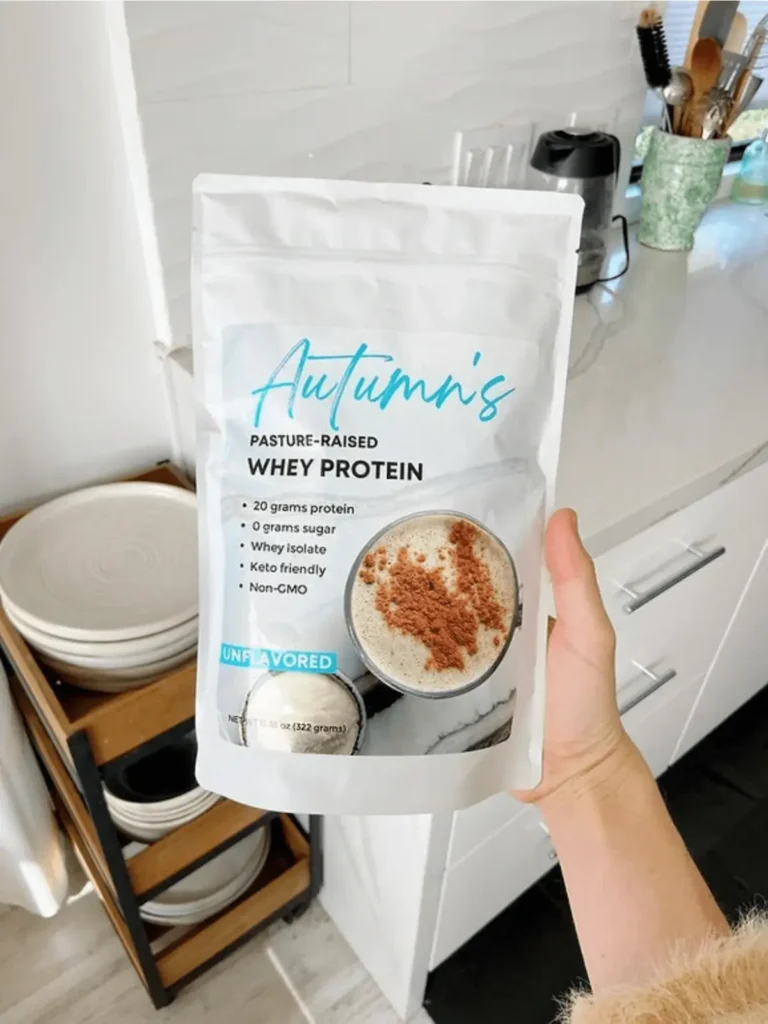It’s human nature to compare ourselves to others (although, this isn’t always best for us). We want to know exactly how someone else achieved the goal that we’re looking to achieve so that we can follow in their footsteps. And this includes the time that it takes other people to achieve said goal.
The same goes for weight loss. Today, I’m sharing the truth on how long it actually takes to lose 20 pounds and 5 strategies for how you can ramp up your weight loss progress.
How Long Should It Take To Lose 20 Pounds?
As a Nutritionist, it’s not an uncommon question that I get asked: “how long will it take me to lose 20 pounds?”
Traditional Nutrition knowledge will give you a very mathematical answer. It will go along the lines of this: “If you are in a calorie deficit of 500 calories per day, then you will achieve one pound weight loss per week. At this rate, you will achieve 20 pounds of weight loss in 20 weeks.”
But guess what? They’re wrong.
How quickly you can expect to lose weight depends on factors such as:
1. How much weight you have to lose
Generally, the bigger your weight loss goal is, the faster your body will utilize fat as a fuel source.
2. The types of meals you’re eating.
Even if you’re eating a “low-calorie” diet, you may still be eating foods that spike your storing hormone insulin, making it impossible to turn on the fat burning process called lipolysis.
3. The quality of sleep you’re getting.
Sleep is almost equally as important as the food you’re eating when it comes to weight loss. In fact, studies show that poor quality sleep significantly increases your risk of weight gain and obesity.(1)
The body is not this simple, and in all truth of the matter, there’s no real way to determine exactly how fast you will lose weight. There are many factors outside of exercise and the food you eat that have a major impact on how quickly you will reduce your body fat percentage. (Note that I said “body fat percentage” and not “lose weight”. This is a crucial difference and one that measures REAL results.)
Related: How To Measure Body Fat Percentage.
Examples Of How Long It Takes To Lose 20 Pounds
I do find that it’s important to get an idea of what you can expect for how long it takes to achieve your weight loss goal. While following strategies that focus on the fat storing hormone insulin and reducing the frequency that it’s secreted, here are some example results:
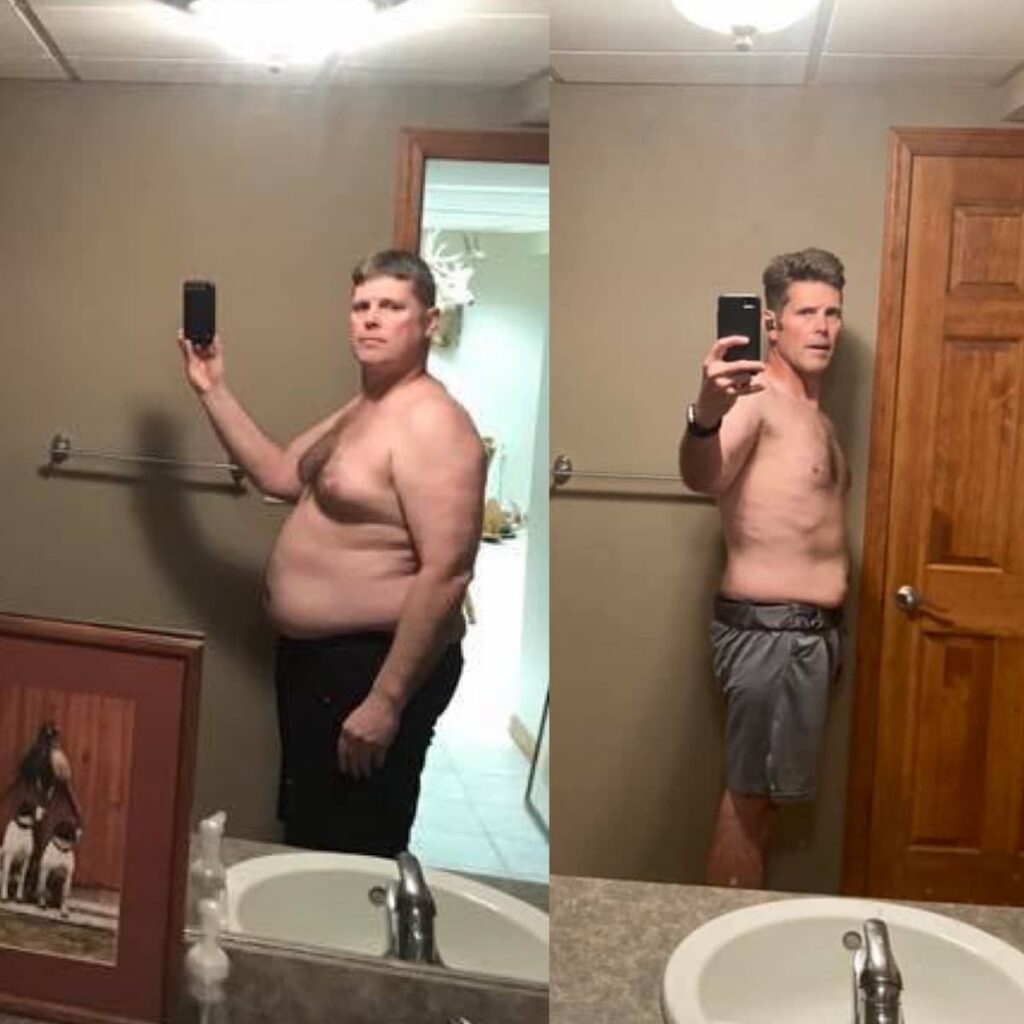
At age 54, Ron lost over 70 pounds in 6 months, which averages out to be a weight loss of 20 pounds in slightly less than 2 months.
Related: How Ron Lost Over 70 Pounds In 6 Months At Age 54
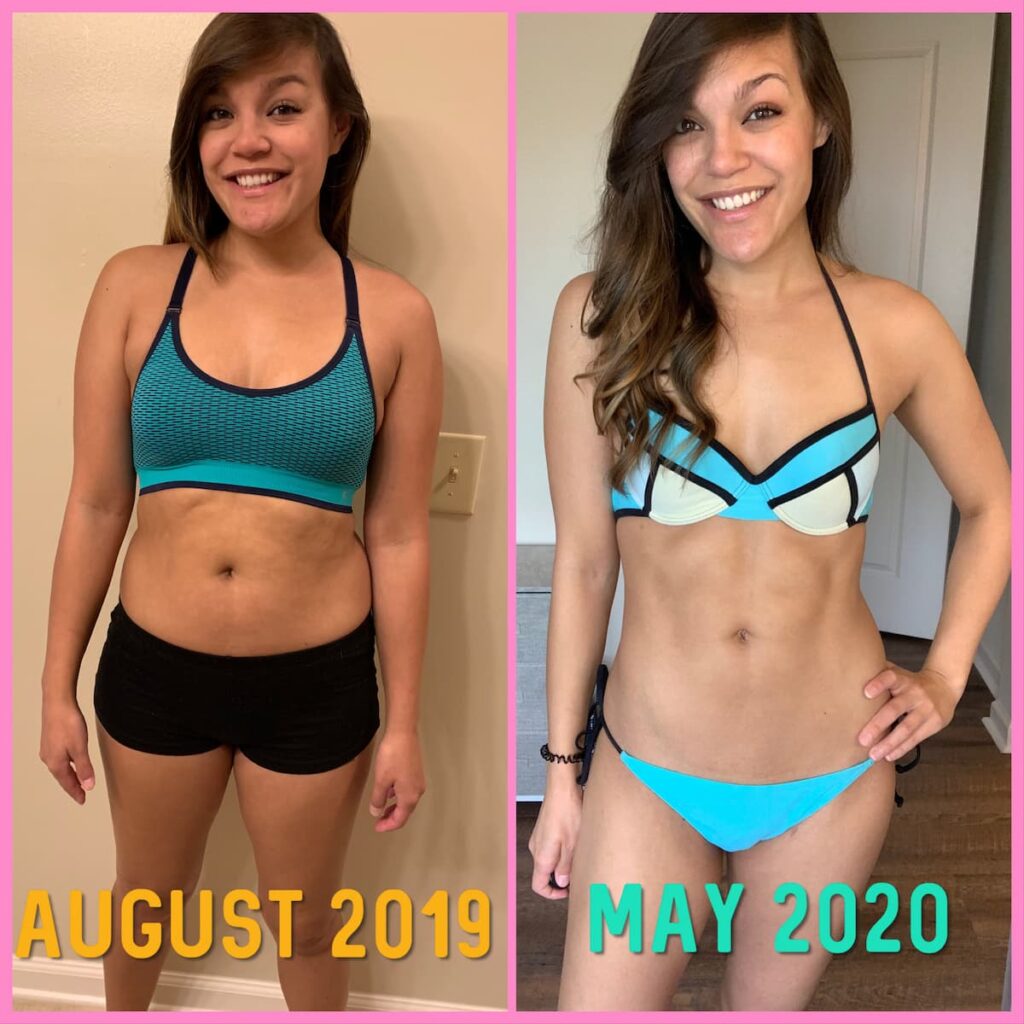
Monica, a first grade teacher lost around 25 pounds in just 4 months.
Related: How Monica Lost Nearly 25 POUNDS In 4 Months On ACCIDENT
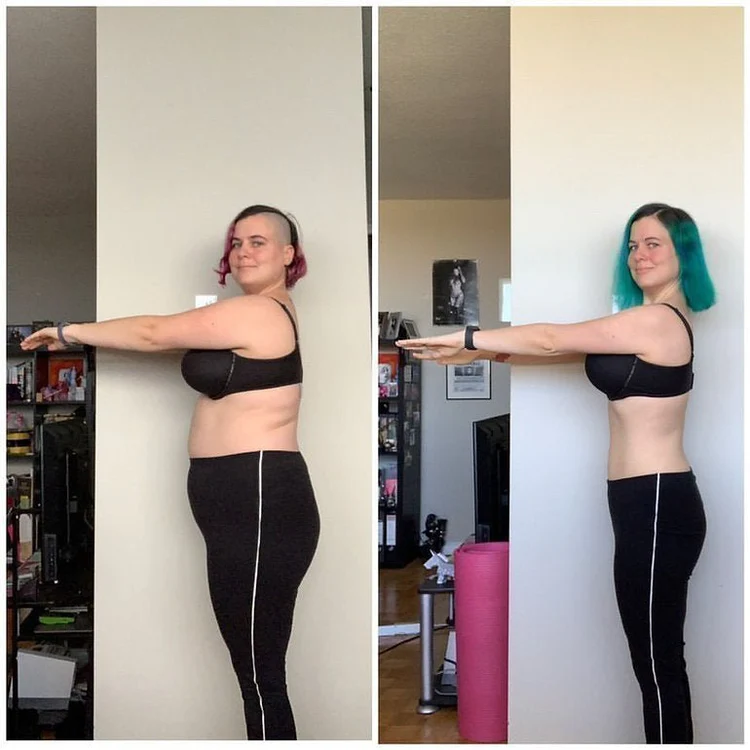
Karola, a scientist in Canada, lost over 33 pounds in 6 months, which averages out to be a weight loss of 20 pounds in a little over 3 months.
Related: How Scientist Karola Lost Over 33 Pounds In 6 Months With Intermittent Fasting
So how do you lose 20 pounds and achieve your weight loss goal? Scroll down for my top 5 tips. (hint: counting calories is not involved.)
1. Up Your Magnesium Intake.
Chances are, you aren’t getting enough magnesium. As a result, your sleep quality is likely suffering. Low quality sleep is strongly linked with weight gain and obesity… but why?(1) Sleep is the time where your body rests and repairs. If this process doesn’t occur or if it doesn’t occur the way it should (ex: poor sleep quality), then this can increase your body’s stress hormone cortisol the next day. This up-tick in cortisol leads to fat burning mechanisms being shut off and increased weight storage around the belly.
Magnesium supplements and magnesium rich foods – such as almonds and pumpkin seeds – help to naturally boost your sleep hormone melatonin, which allows for deep, restful sleep.(2)
Related: 5 Intermittent Fasting Recipes To RAMP UP Fat Loss
2. Switch From Running To Walking.
Remember how increased cortisol can lead to weight gain around the belly? Too much running or even too much exercise in general can lead to excessive amounts of cortisol and therefore weight gain. Yup – your workout routine may just be working against your goals. Walking, on the other hand, can help reduce your cortisol levels and tap into fat burning mechanisms (especially if you can take your walk outside).(3) Get the science-y deets with the video below.
Related: How To Create Your Fat Burning Workout Schedule
3. Stop Counting Calories.
The theory of counting calories relies on the assumption that we KNOW how much we’re burning everyday… which we don’t. It also relies on the assumption that our body’s are simple machines that equivocally burn energy on any given day… which it doesn’t. Stressing yourself over trying to juggle these assumptions and continuously make stab in the dark guesses at how many calories you should be consuming is likely just going to increase your cortisol levels. And as we know, that’s not a good thing.
Get the details on why counting calories doesn’t work with my video on YouTube HERE.
4. Eat Avocado, Olives And Nuts/Seeds.
For a very long time, most of America was terrified of eating any fats for fear of gaining weight or developing heart disease. As we know now, fats have not only been found to not cause heart disease, (4) it’s also a key aspect to weight loss! Fat acts on your satiety hormones – namely CCK – by turning them on and reducing your appetite. This helps to keep cravings in check and reduce the urge to snack on weight gain promoting sugar.
Try topping your salads or egg scrambles with avocado and pumpkin seeds. You’ll even get that sleep inducing magnesium in, too!
Related: Fat Burning Cauliflower Rice Burrito Bowl Recipe.
5. Shift Into Fat Burning With Intermittent Fasting.
Intermittent Fasting increases fat burning without having to reduce your calorie intake. It does this via a variety of pathways, including naturally reducing the frequency that your body is secreting the storing hormone insulin.(5) This allows your body to turn on the fat burning process called lipolysis. With typical calorie restriction, you run the risk of breaking down your muscles at the same time as fat, which could lead to a reduced metabolism as a result. With Intermittent Fasting, the goal is to eat until fully satiated during your window to protect you against muscle breakdown while still reaping the benefits of increasing fat burning. That’s a win, win!
Related: [QUIZ!] Find Out The BEST Intermittent Fasting Schedule For YOUR Goals!
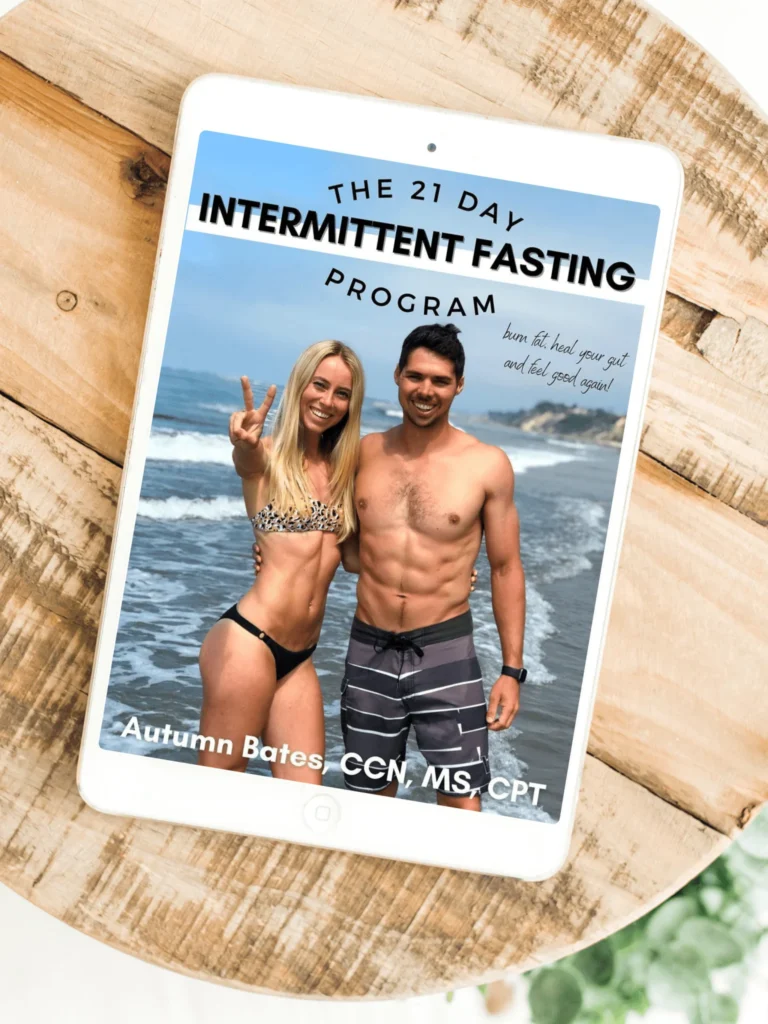
Tap into fat burning
The 21 Day Intermittent Fasting Program
The 21 Day Intermittent Fasting Program provides step-by-step strategies to help you use Intermittent Fasting with delicious, protein-packed meals to support fat loss, reduce hunger, and boost gut health.
Studies
https://www.ncbi.nlm.nih.gov/pmc/articles/PMC3632337/
https://www.ncbi.nlm.nih.gov/pmc/articles/PMC3703169/
https://www.ncbi.nlm.nih.gov/pmc/articles/PMC6920124/
